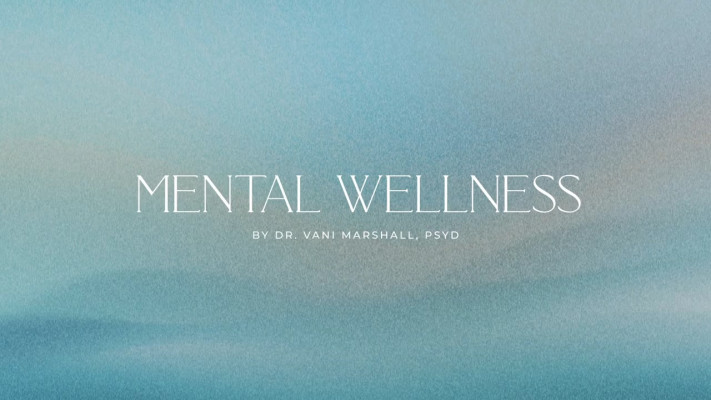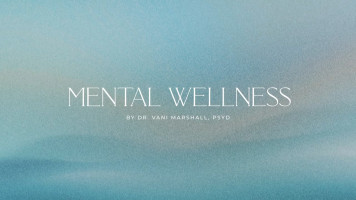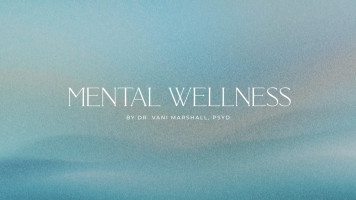Continuing on what toxic relationships look like...
5. Resentment
Holding on to grudges and letting them fester chips away at intimacy.
“Over time, frustration or resentment can build up and make a smaller chasm much bigger,” Caraballo notes.
Note, too, whether you tend to nurse these grievances quietly because you don’t feel safe speaking up when something bothers you. If you can’t trust your partner to listen to your concerns, your relationship could be toxic.
6. Dishonesty
You find yourself constantly making up lies about your whereabouts or who you meet up with — whether that’s because you want to avoid spending time with your partner or because you worry how they’ll react if you tell them the truth.
7. Patterns of disrespect
Being chronically late, casually “forgetting” events, and other behaviors that show disrespect for your time are a red flag, Manly says.
Keep in mind that some people may truly struggle with making and keeping plans on time, so it may help to start with a conversation about this behavior. If it’s not intentional, you might notice some improvement after you explain why it bothers you.
8. Negative financial behaviors
Sharing finances with a partner often involves some level of agreement about how you’ll spend or save your money. That said, it’s not necessarily toxic if one partner chooses to spend money on items the other partner doesn’t approve of.
It can be toxic, though, if you’ve come to an agreement about your finances and one partner consistently disrespects that agreement, whether by purchasing big-ticket items or withdrawing large sums of money.
9. Constant stress
Ordinary life challenges that come up — a family member’s illness, job loss — can create some tension in your relationship, of course. But finding yourself constantly on edge, even when you aren’t facing stress from outside sources, is a key indicator that something’s off.
This ongoing stress can take a toll on physical and mental health, and you might frequently feel miserable, mentally and physically exhausted, or generally unwell.
10. Ignoring your needs
Going along with whatever your partner wants to do, even when it goes against your wishes or comfort level, is a sure sign of toxicity, says clinical psychologist Catalina Lawsin, PhD.
Say they planned a vacation that will take you out of town on your mom’s birthday. But when they asked you what dates were convenient, you emphasized that any dates were fine — as long as you didn’t miss your mom’s birthday on the 17th.
You don’t want to point this out, since you don’t want to start a fight. So you say, “Great! I’m so excited.”
11. Lost relationships
You’ve stopped spending time with friends and family, either to avoid conflict with your partner or to get around having to explain what’s happening in your relationship. Alternatively, you might find that dealing with your partner (or worrying about your relationship) occupies much of your free time.
12. Lack of self-care
In a toxic relationship, you might let go of your usual self-care habits, Lawsin explains.
You might withdraw from hobbies you once loved, neglect your health, and sacrifice your free time. This might happen because you don’t have the energy for these activities or because your partner disapproves when you do your own thing.
13. Hoping for change
You might stay in the relationship because you remember how much fun you had in the beginning. Maybe you think that if you just change yourself and your actions, they’ll change as well.
14. Walking on eggshells
You worry that by bringing up problems, you’ll provoke extreme tension, so you become conflict avoidant and keep any issues to yourself.
Is it possible to fix a toxic relationship?
Many people assume toxic relationships are doomed, but that isn’t always the case.
The deciding factor? Both partners must want to change, Manly says. “If only one partner is invested in creating healthy patterns, there is — unfortunately — little likelihood that change will occur.”



